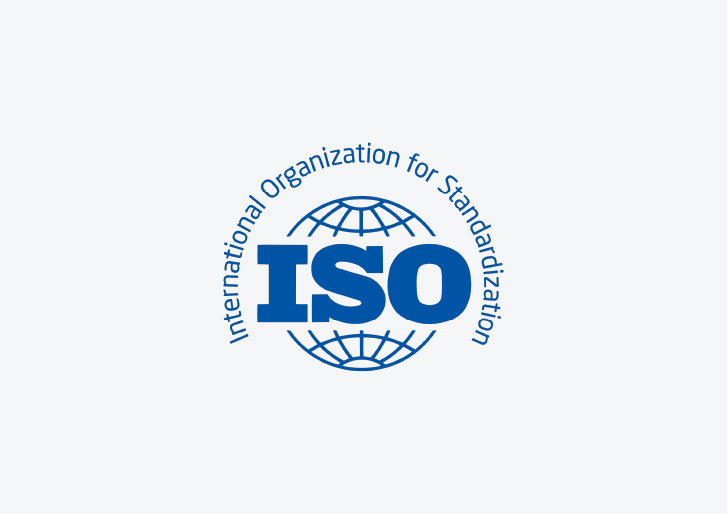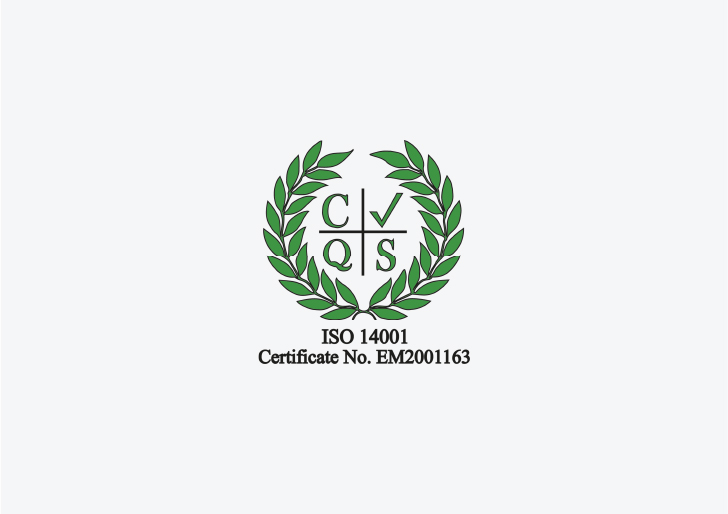We’ve been awarded an ISO 14001 certification, showcasing our commitment to environmental stewardship. This international standard reflects our commitment to maintain an effective Environmental Management System, ensuring that our operations adhere to sustainable practices. This demonstrates our dedication to minimising our environmental impact and continuously improving our environmental performance in line with international best practices.

ISO standards are internationally agreed standards developed by groups of experts from across the globe. The experts collaborate to create standards which are otherwise described as the ‘best way of doing something’, and they negotiate every aspect of the standard, including definitions, content and scope.

ISO 14001 specifies requirements for an effective Environmental Management System. It provides a framework for organisations to identify, monitor, and control their environmental impact and ensure compliance with relevant environmental regulations. ISO 14001 helps businesses improve their environmental performance, reduce waste, conserve resources, and demonstrate their commitment to sustainability.